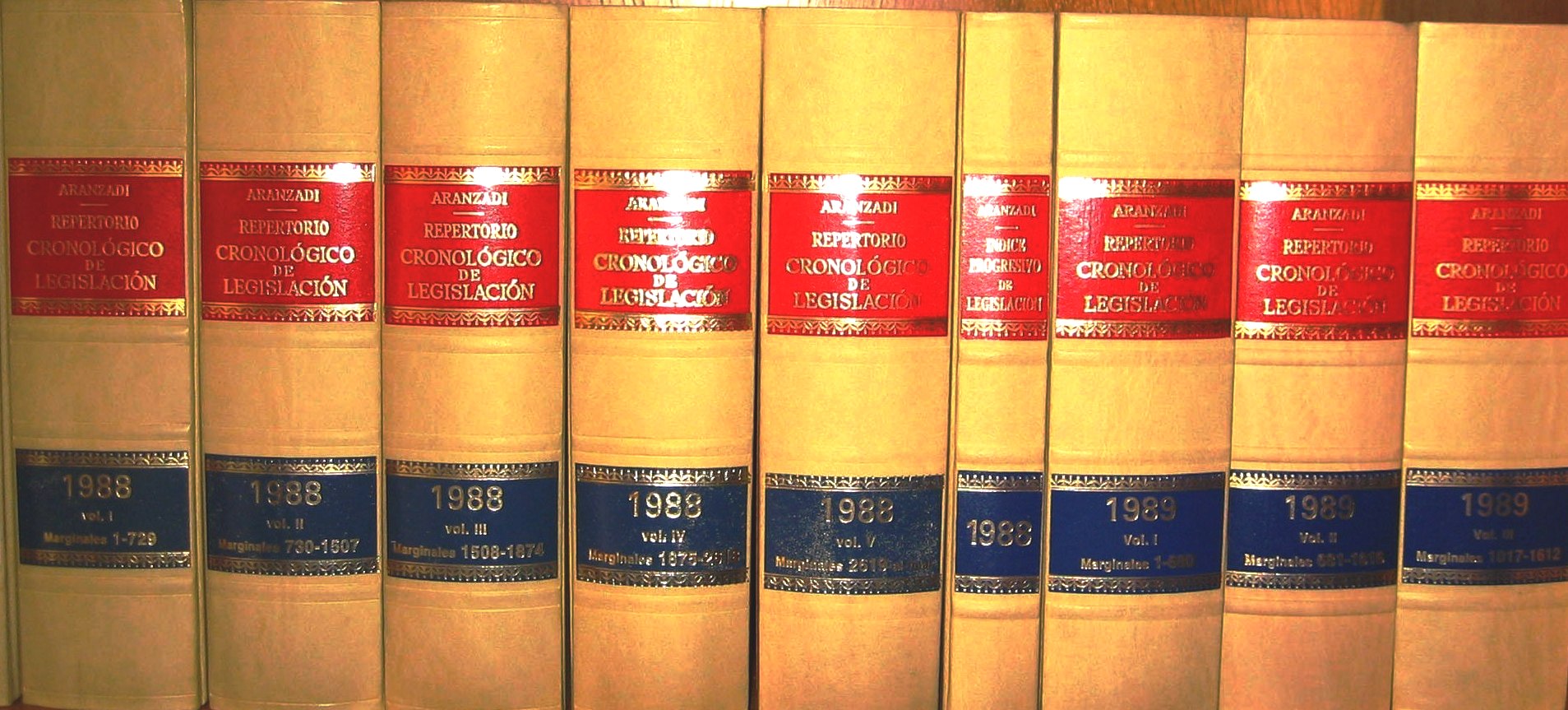¿One more reason to move your fiscal address out of CataluÃ
Back in 2017, the Catalonian Parliament approved Law 6/2017 of 9 May creating a tax on the so called “non-productive assets” owned by legal entities.
While the Law was supposed to come into effect on May 13, 2017, an appeal on the grounds of inconstitutionality brought by the Central Government delayed the actual coming into effect of these rules.
Recently, the Constitutional Court (TC) issued Ruling 28/2019, of 28 February declaring that this tax was not opposed to Constitutional principles to the extent that it was different from the Wealth Tax (levied on individuals) and it was also different from other taxes falling on legal entities such as the IBI (Real Estate Tax) and the IVTM (Tax on Motor Vehicles)
As recently as May 14, 2019, the Catalonian Government issued Decree-Law 8/2019, which reactivated the tax while also introducing some adjustments to the initial wording of the Law.
This tax is levied on the ownership or tenancy by legal entities with fiscal residence in Catalonia of certain assets that are used for the private purposes of their members, including real estate, luxury vehicles, non business aircraft, jewelry or works of art. It is a kind of "Wealth Tax" applicable to certain assets that may make up the net worth of legal entities residing in Cataluña, in an attempt to bring transparency into the particular tax framework.
It is a tax different from other taxes levied on Spanish legal entities up to date and can therefore be regarded as a novelty deserving careful analysis following the constitutional blessing of our Constitutional Court.
The main features of the Catalonian tax on the non-productive assets of legal persons are as follows:
- Taxable event: The holding (not only owning….) by the relevant taxpayer, on the date on which the tax accrues, of the following “non productive” assets located in Catalonia:
a) Real estate (owned or subject to in rem rights such as surface area, usufruct or right of use is held, e.g. by financial leasing). b) Motor vehicles with a horse power equal to or greater than 200 horse power. c) Leisure boats. d) Aircraft. e) Objects of art and antiques with a value greater than the value fixed the Historical Heritage Act. f) Jewelry,
Concept of non-productive goods. Non-productive assets are understood to be, without prejudice to the exceptions provided for in each case those: 1) Assets assigned or made available, free of charge for private use or profit to the owners, partners and participants of the taxpayer or their related persons; unless such assets constitute remuneration in kind for purposes of their personal income tax. 2) Assets transferred (for consideration) for private use or profit to the owners, partners and participants of the taxpayer or to their related persons. (3) goods not assigned to any economic activity or public service.
As an exception, assets whose acquisition price does not exceed the amount of the benefits not distributed by the entity are not considered “non productive” provided they arise from the development of economic activities with the limit of the amount of the profits obtained in the ten previous years. To such effects, it is important to note that the Law considers that the above described taxable circumstances include dividends from securities conferring upon their owner 5% of the voting rights of the taxpayer entity; holding companies excluded in a number of cases.
- Taxpayer: Taxpayers liable for the payment of this tax are those legal persons and entities with fiscal address in Cataluña that, even if without having legal personality, constitute a separate economic unit or net worth subject to taxation, defined as being liable to tax by general tax regulations.
In all cases Taxpayers must have a commercial purpose.
And although the law does not expressly establish this, the Constitutional Court interprets that only entities with a tax domicile in Catalonia may be subject to this tax. Therefore, the tax will fall on
1. real estate located in Catalonia that is either owned or held by an entity with a fiscal domicile in Catalonia; and
2. all other movable assets (vehicles, boats, aircraft, art objects, antiques and jewelry) that, regardless of where they may be physically located, are owned or held by a company with a fiscal domicile in Catalonia.
Partners or shareholders of companies holding non productive assets defined by the law and not necessarily bound to have a fiscal address in Cataluña may well consider moving the fiscal address out of Cataluña.
Taxable income: The taxable income is made up of the sum of the values of all of the non-productive assets, without any reduction, credit or exempted minimum.
Different valuation rules apply in accordance with the nature of the assets, in a way similar to the valuation rules currently applicable to the Wealth Tax payable by individuals.
- Accrual: Generally speaking, the tax accrues on January 1 each year, although the fiscal year 2017 accrued on June 30, 2017.
- Self-assessment: Taxpayers are obliged to present the self-assessment form for the tax on non-productive assets between June 1 and 30 following the date of accrual, although exceptionally all three years already accrued (2017, 2018 and 2019) will have to be self- declared and paid between October 1 and November 30, 2019.
We shall be pleased to study your specific case upon request.////
Back to read more reports
